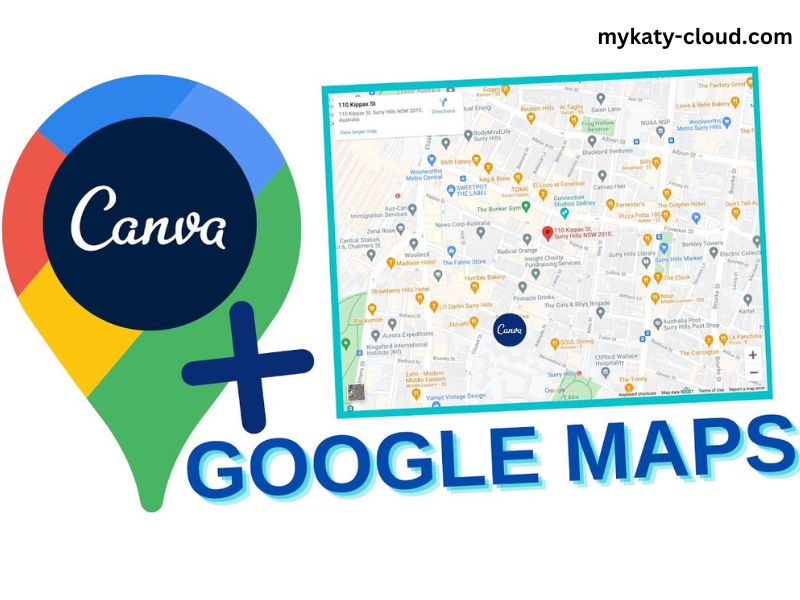In the age of digital learning, educational platforms like Canvas have become integral to how students and instructors engage with course content. However, with the convenience of these platforms comes a heightened concern about privacy and data security. One of the questions that often arises among users is: “Can Canvas see my location?” This article delves into how Canvas interacts with user location data, what implications it has for privacy, and what users should know to protect themselves.
Understanding Canvas
Canvas, developed by Instructure, is a widely used Learning Management System (LMS) that facilitates course management, content delivery, and communication between students and instructors. As educational institutions increasingly embrace technology, platforms like Canvas provide tools that enhance learning through accessibility and interactivity.
Features of Canvas
Canvas includes a variety of features, such as:
- Course management tools
- Assignments and grading systems
- Discussion forums
- Integrated communication tools (e.g., messaging)
- Mobile applications for on-the-go access
Location Services in Educational Platforms
Why Would Canvas Need Location Data?
While the primary function of Canvas is educational, there are instances where location data might be relevant:
- Geolocation for Exams: Some institutions use geolocation to ensure academic integrity during online exams. This feature can help verify that students are taking exams from an approved location.
- Campus Maps and Resources: For schools that utilize Canvas to provide information about campus resources, location data can enhance navigation.
- Personalized Learning: Institutions may analyze location trends to tailor educational experiences or support services to specific geographic needs.
Does Canvas Automatically Track Your Location?
Canvas does not automatically track user locations in the way that some apps might. Instead, any location tracking is typically dependent on:
- User Permissions: If a user opts to share their location with the app or through a web browser, Canvas may access that data. This is often used for features like finding nearby resources or participating in location-based activities.
- Institutional Settings: Some institutions may configure Canvas to use location data for specific purposes, like ensuring compliance with testing protocols. However, this is typically disclosed to users in the institution’s policies.
Privacy Policies and User Consent
What Does Canvas’s Privacy Policy Say?
Canvas has a detailed privacy policy that outlines how user data, including location data, is collected, used, and protected. Key points include:
- Data Collection: Canvas collects various types of data to improve its services, which may include device information, usage statistics, and location data if permitted by the user.
- User Control: Users have control over their data and can often manage privacy settings, including location sharing, through their account settings.
- Data Sharing: Canvas does not sell personal data to third parties, but it may share information with educational institutions and service providers as part of its operations.
Institutional Policies on Location Tracking
It’s essential to recognize that educational institutions often have their own privacy policies that govern the use of Canvas. These policies can vary significantly and may include specific provisions about location tracking. Students should familiarize themselves with their institution’s policies to understand how their data is managed.
Concerns About Privacy and Data Security
Risks of Location Tracking
While the use of location data can enhance the user experience, it also poses potential privacy risks:
- Unauthorized Tracking: If location tracking is enabled without user consent, it raises ethical and legal concerns.
- Data Breaches: Any platform that collects personal data is at risk of data breaches, which can expose sensitive information, including location history.
- Surveillance Concerns: Continuous tracking can create a sense of surveillance among users, leading to anxiety about being monitored.
Best Practices for Protecting Your Location Data
To ensure your location data is secure while using Canvas or similar platforms, consider these best practices:
- Review Privacy Settings: Regularly check your Canvas privacy settings and adjust them according to your comfort level. Disable location services if you do not want to share your location.
- Understand Institutional Policies: Be informed about your institution’s policies regarding data collection and usage. Ask questions if you’re unclear about how your information is being handled.
- Use Secure Connections: Always access Canvas through secure internet connections. Avoid using public Wi-Fi networks, especially when dealing with sensitive information.
- Limit Permissions: When using the mobile app, be cautious about granting location permissions. Opt for “While Using the App” instead of “Always” if possible.
- Stay Informed About Data Breaches: Keep an eye on announcements from Canvas or your institution regarding data breaches or security incidents, and take necessary precautions if your data is compromised.
Conclusion
While Canvas can access location data under certain conditions, it is not designed to track users continuously without consent. Understanding the platform’s privacy policies and being proactive about personal data security can help users navigate the complexities of digital learning environments.
As education continues to evolve in the digital age, it is crucial for both students and institutions to prioritize privacy. By fostering a culture of transparency and informed consent, educational platforms like Canvas can maintain trust and ensure a safe learning experience for all users.



